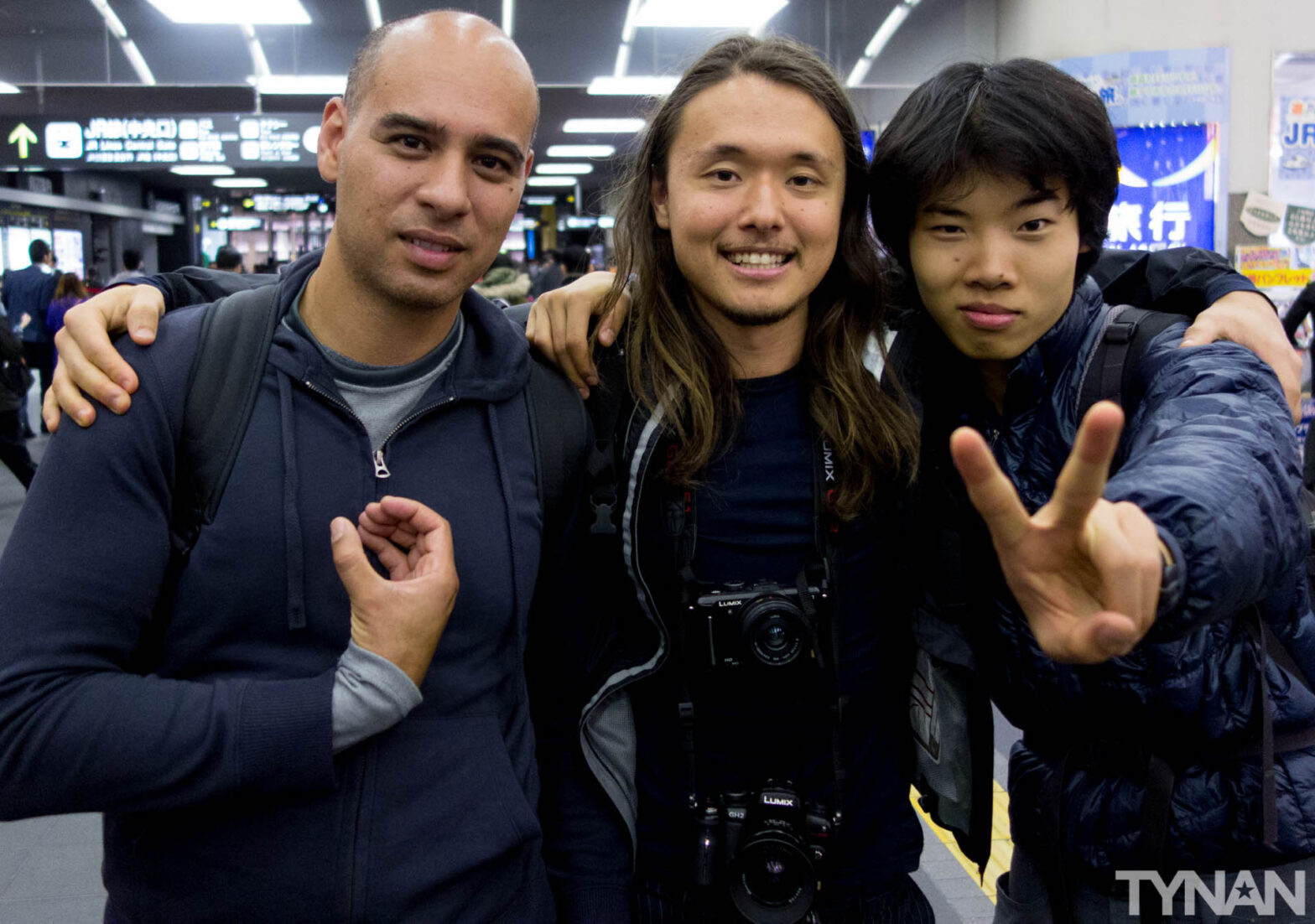My friend Ben Yu, has recently taken to rebutting all of my blog posts on his own blog. I hope to prove him wrong on the first one through action, but I’ll address the second one with words.
In his post, Enjoy It Above All, he references my post about sprinting to the finish line. The danger in that, as he illustrates through an example with him literally sprinting to the finish line, is that you may burn yourself out and lose motivation. When he pushed himself too hard on his regular runs, he ended up becoming demotivated and then giving them up.
Should Ben be sprinting to the finish line every time, or should he take it easy and stay motivated? I think that’s a false dichotomy that ignores the much more important question– what else is at stake?
The problem with taking it easy is that you’re not building good habits. Instead of creating a pathway in your brain that pushes through discomfort, and tries to enjoy it as much as possible, you’re creating a pathway that yields to discomfort. That’s dangerous. Instead of learning to love, or at least be neutral on, things that are hard, you’re allowing yourself to dislike them. That’s dangerous, too.
I go to the gym three days a week. I’ve heard rumors of people loving the gym, but I’ve never been able to understand it. Let’s just say that I work hard to be neutral on it. Today I was there, and I had just broken my personal record for deadlifts and military presses, and was slated to do 140lb lat pulldowns, which was also going to be a personal record.
I was dead tired from the first two exercises and completely worn out. For the first time since my first week working out, I had that impulse to just go home. In less than a second, a mess of justifications for leaving flashed across my brain. I had already pushed myself enough. I had a flight to catch later. I was too tired.
I’ve trained myself, though, to see personal weakness as opportunity. Aha! Now I have the chance to set a precedent. When things get hard and I don’t want to keep going, what do I do? The reason I was disappointed in myself for quitting the Peru Hike wasn’t because I thought that continuing was a smart idea; it was because I didn’t like setting that precedent of giving up.
So I did the pulldowns. They were really hard, and I struggled on the last few reps, fighting for each inch. Then I did barbell curls and took a shower, barely able lift the shampoo bottle.
If I had quit early or lifted less weight, would it be easier for me to go to the gym next time? Absolutely. But is that the point? Is making it easy on myself really something I want to move towards? If it’s the difference between burning out and continuing, then going easy is obviously the right choice, but I’d argue for the third option– going hard and not quitting.
This is, of course, harder, but it’s also just a skill. Just as I could barely deadlift any weight when I started, there was a point in my life where I could barely convince myself to do anything I didn’t want to do. In both cases, though, I worked on it and built myself up slowly. Now the weights I once struggled with feel comically light, and I’m pretty good at making myself act in spite of my impulses.
By developing systems to get yourself to do, and even enjoy, difficult things, you build your grit. By pushing yourself when others would give themselves permission to slack, you’re building grit, too. That’s probably more valuable than the weightlifting itself, or running for that matter.
###
Photo is of Leo, Carl, and Ben in Japan. They apparently started a gang called the CVs.
I’m in Austin– should we do an Austin meetup?

Leave a Reply